
El Consejo Administrativo de Defensa Económica (CADE) inició un proceso administrativo contra la Unión Brasileña de Editoras de Música (UBEM) por supuestas prácticas anticompetitivas en el mercado…

Latin American countries face social and economic challenges that demand specific and tailored approaches. In addition, they also have to deal with important global issues such as climate change. Amon ...

The instrument can be seen as a follow-up to the Patent Declaration of the Max Planck Institute for Innovation and Competition as it seeks to standardise a large part of its provisions. The Instrument ...

A compulsory licence (CL) is an authorisation granted by a government that allows third parties to produce a patented product or use a patented process without the consent of the patent holder, and wh ...

There is a profuse academic production on exceptions and limitations to copyright, especially in developed countries. Different approaches and interests result in a varied offer when investigating the ...

Undisclosed information or trade secrets are a category of intellectual property which regards any confidential commercial or industrial information that confers a competitive advantage to a company. ...
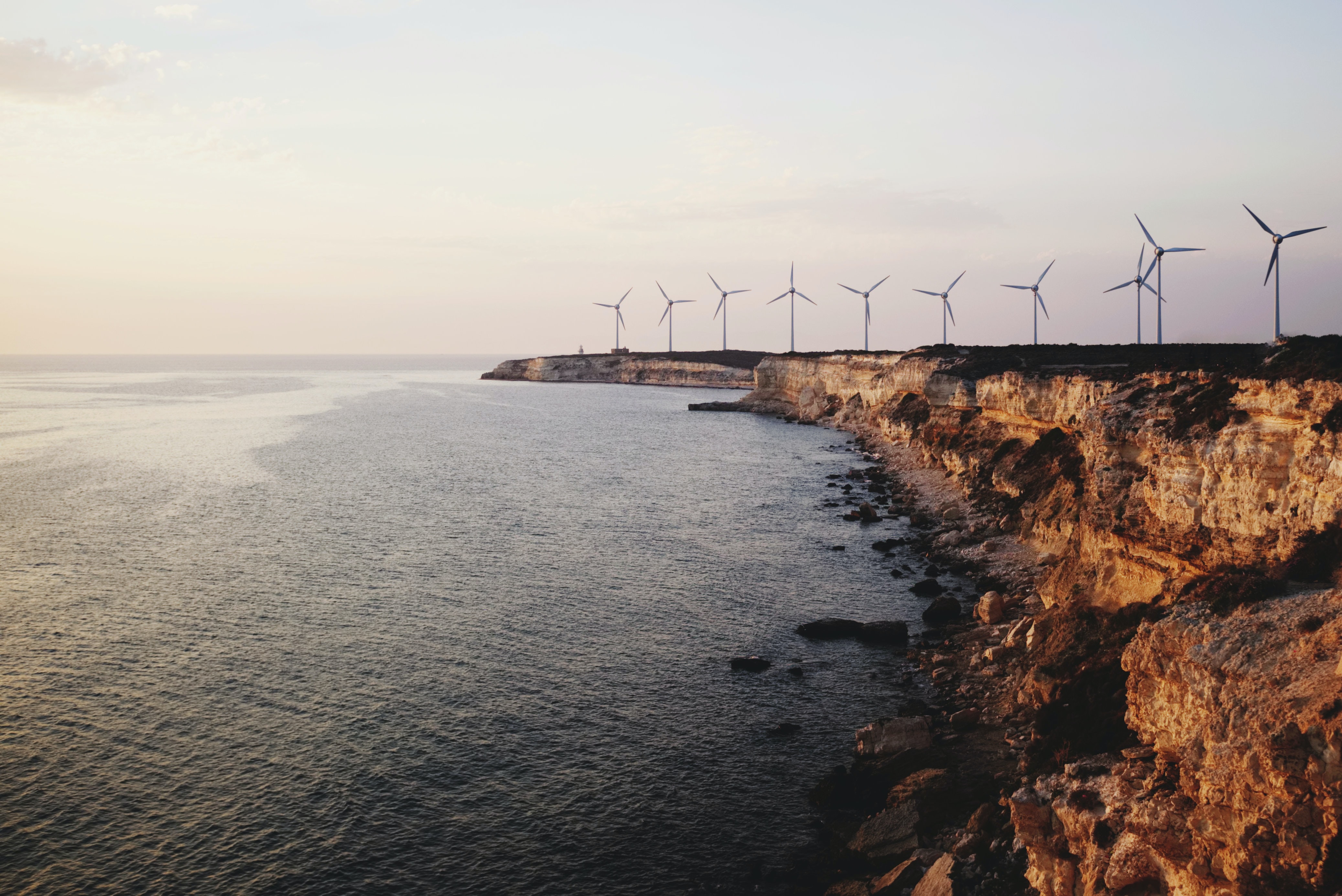
There is a capacity for innovation in sustainable technologies in Latin America, given its rich natural and human resources. Some of the new technologies will play a strategic role in solving fundamen ...

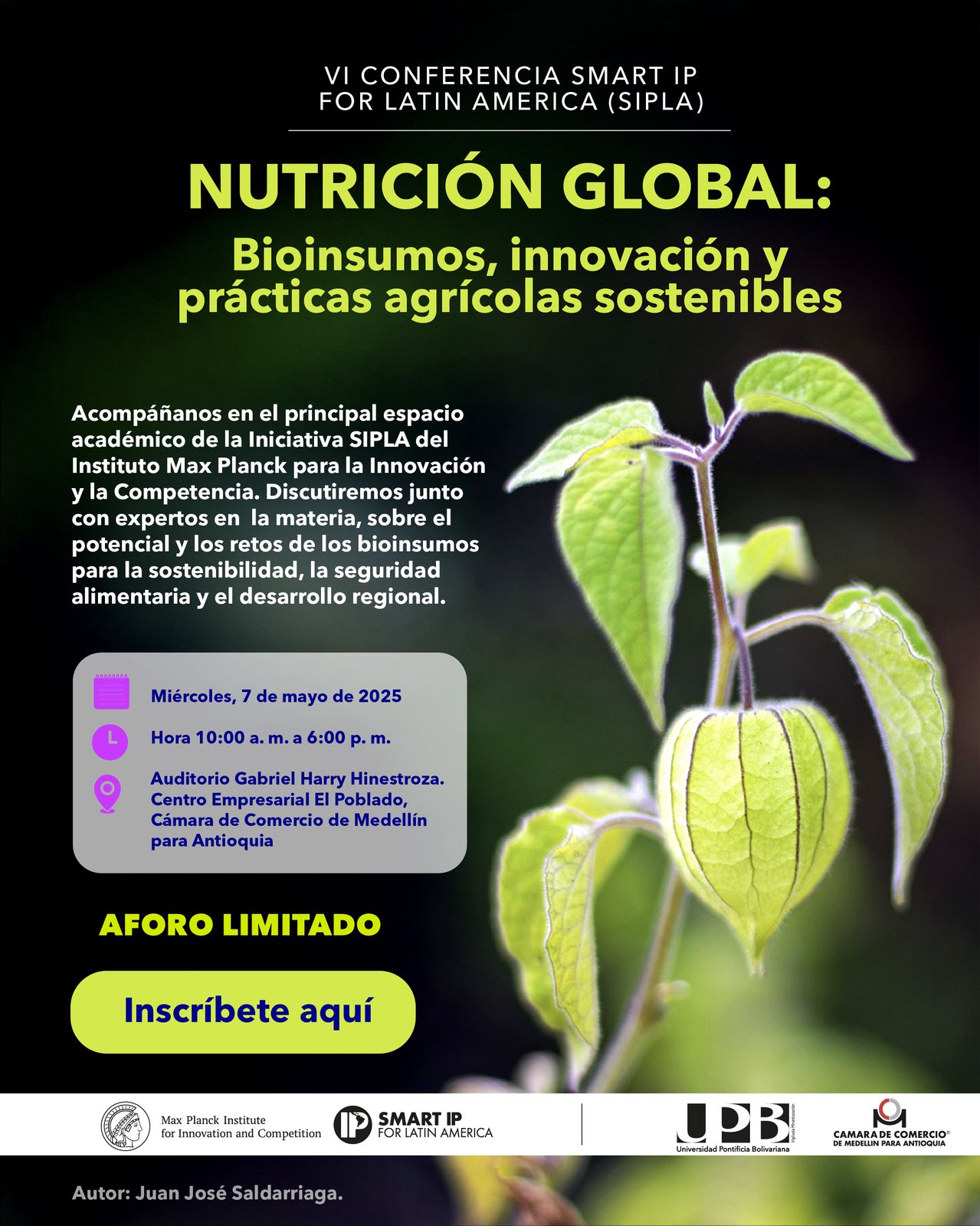
Global Nutrition: Bio-inputs, innovation and sustainable agricultural practices.
7 May 2025. Medellin, Colombia.
Regional experts and representatives from the public and private sectors will gather at the 6th Annual SIPLA Conference to address a topic of global and regional relevance, regarding the role of bioinputs in food production.
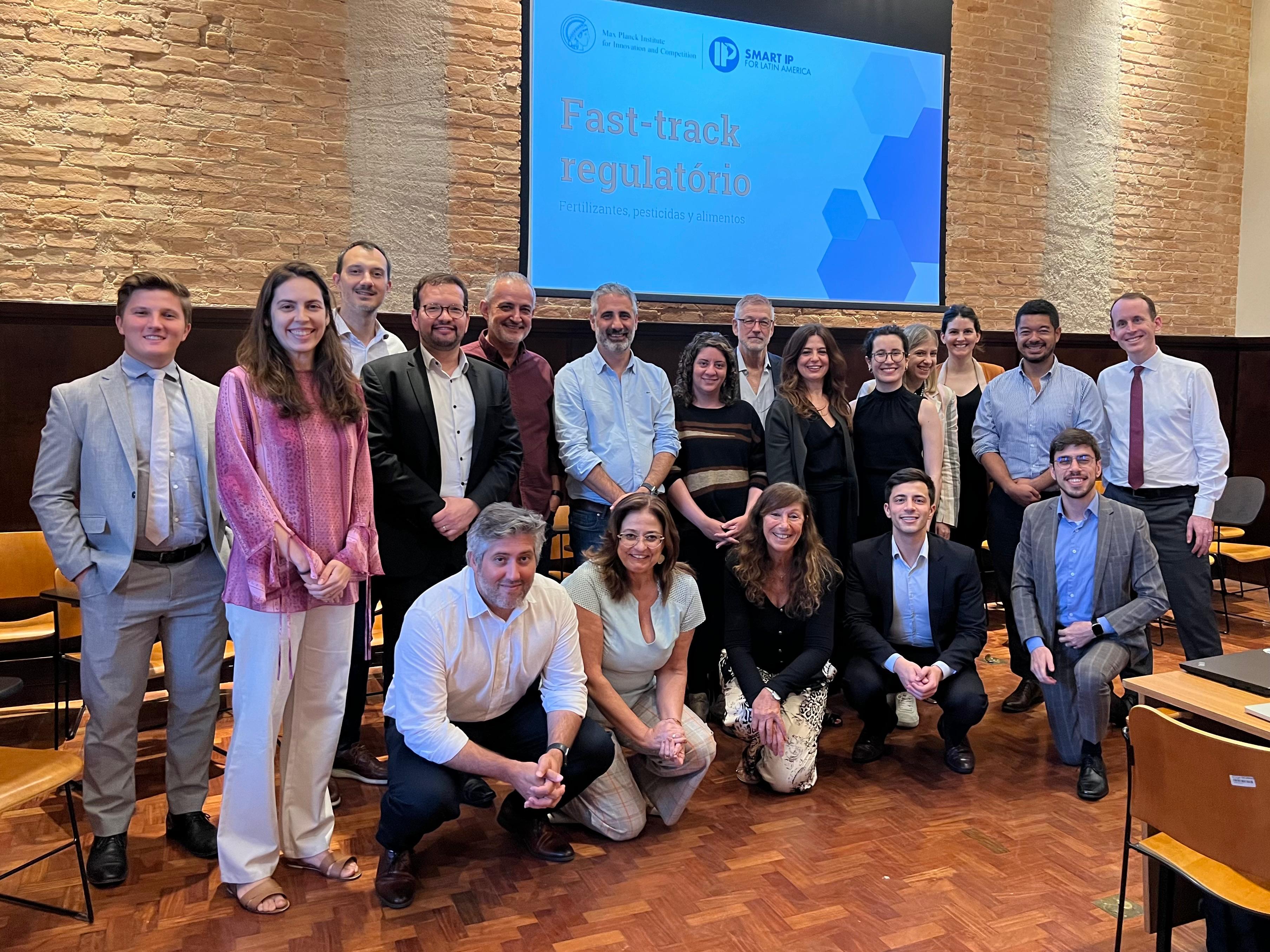
The workshops aimed to examine possible designs of regulatory fast track procedures for biofertilizers and biopesticides in Latin America countries.
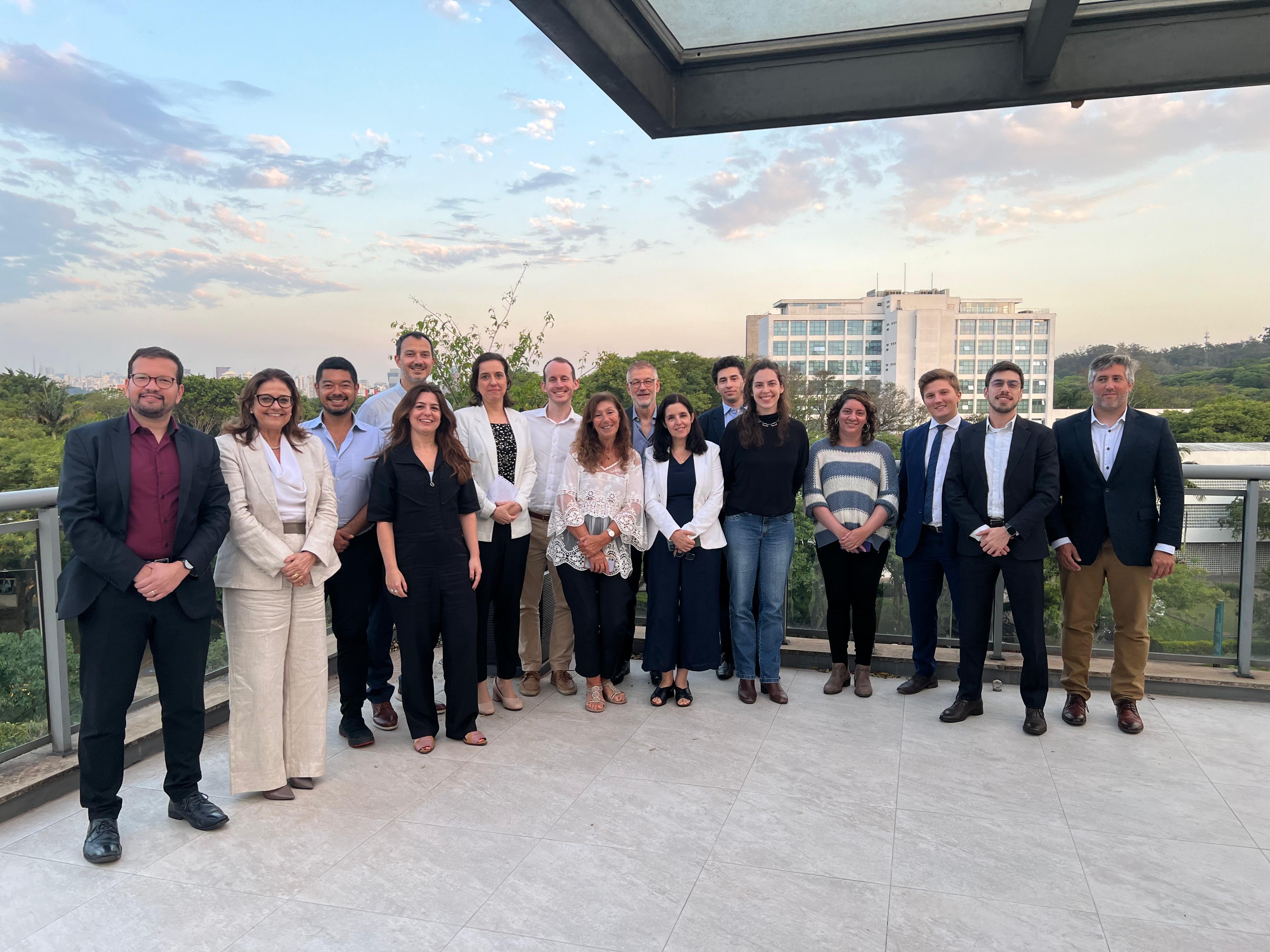
The workshop aimed to discuss the effectiveness of patents fast track systems in Brazil and Chile. The debate was attended by experts in the sector, as well as representatives of the Brazilian patent office, INPI. The workshop was also attended by users of the Brazilian fast-track system, through the USP Innovation Agency, which is linked to the University of São Paulo and has filed several patents with the INPI.
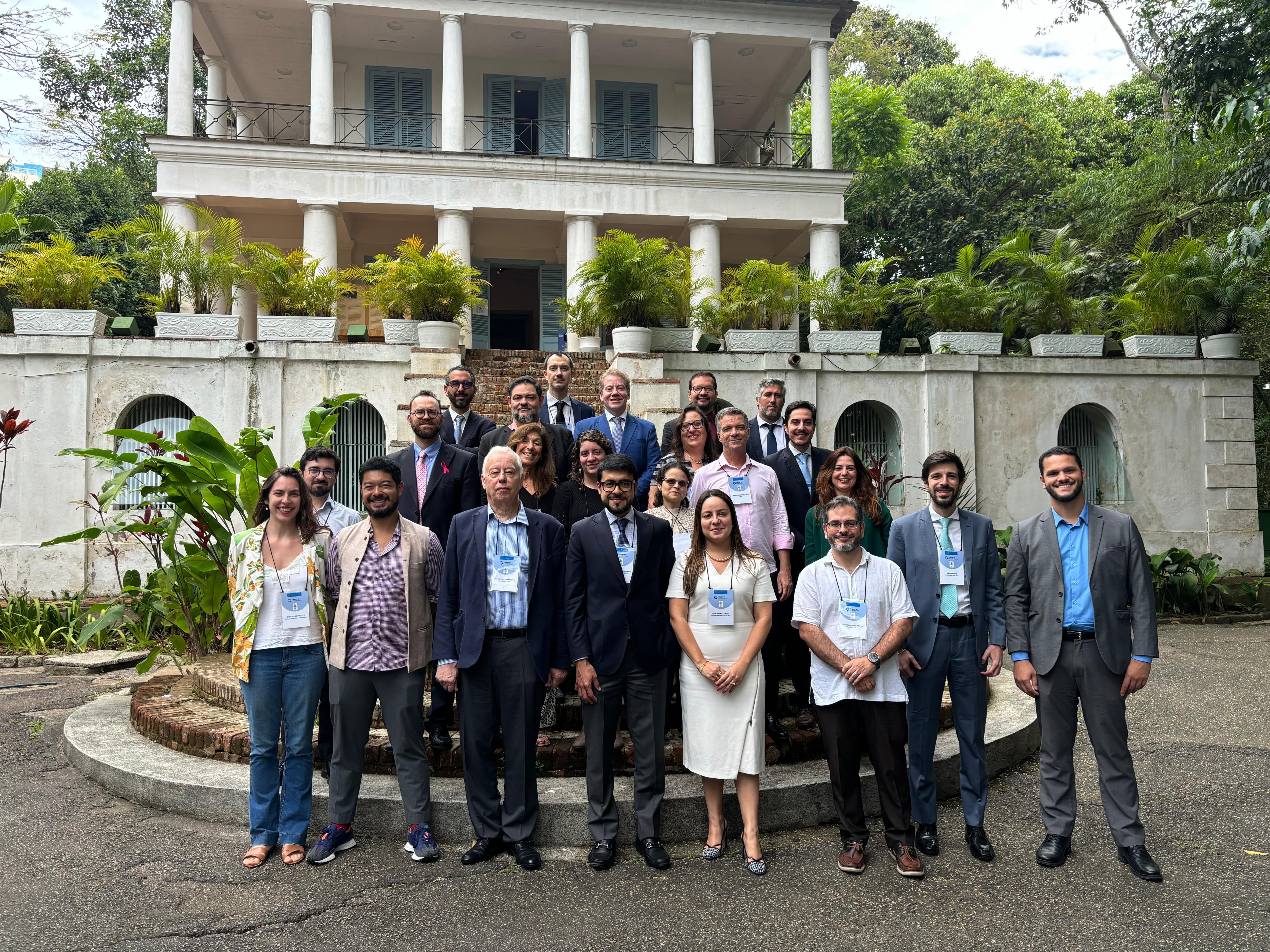
On Friday 11 October, the first workshop on unfair competition was held at the Pontifical Catholic University of Rio de Janeiro, Brazil, with experts from both the region and Brazil. Professor Pedro Marcos Nunes Barbosa coordinated the event.The objective of the workshop, which was attended by judges, academics and litigants, was to discuss the first version of the framework for a comparative study on unfair competition.
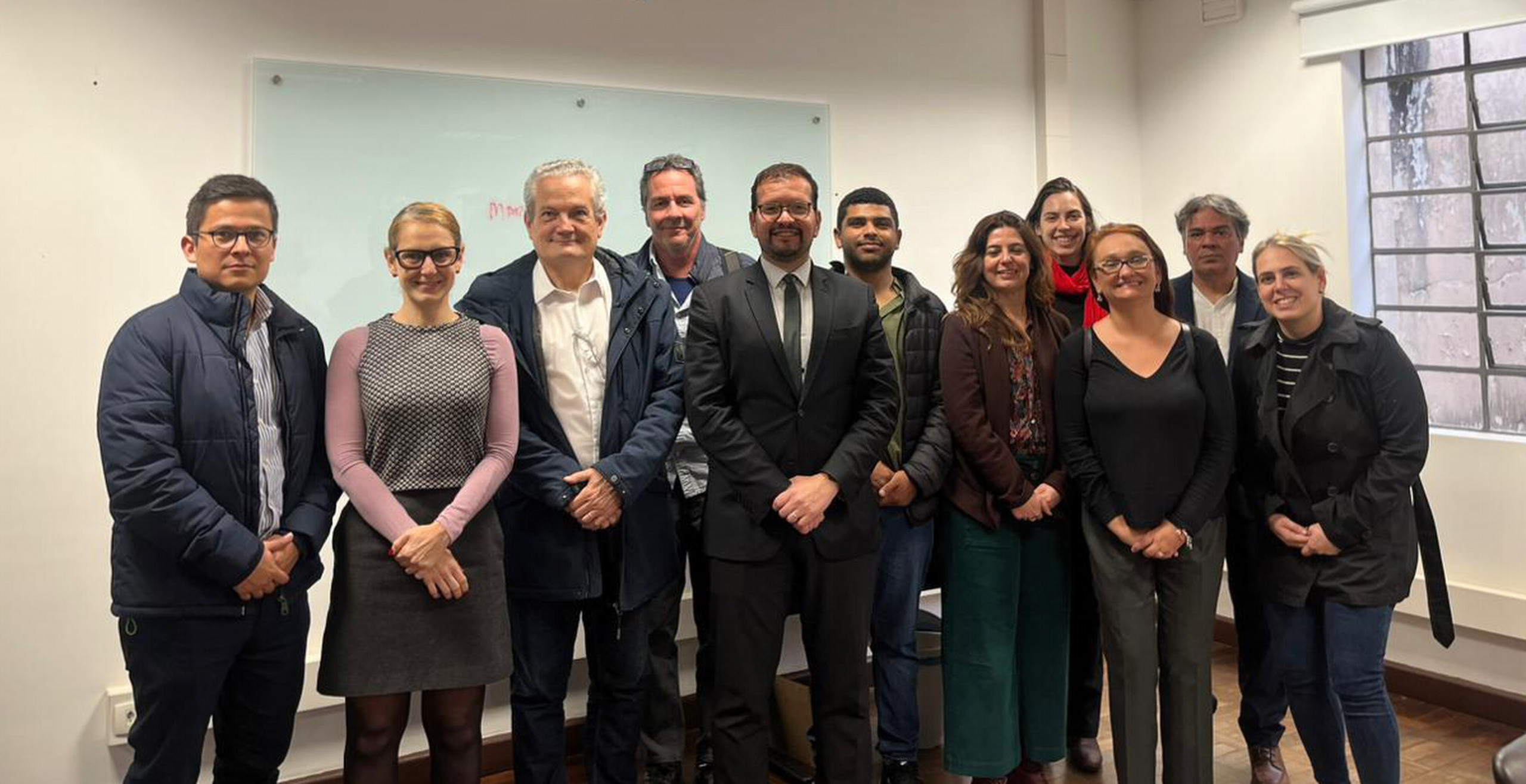
The objective of this workshop was to discuss the most relevant aspects for the global governance of DSI and the strategy to be adopted by Latin American countries in international negotiations. Among others, the definition of DSI, repercussions on existing national regulatory frameworks, types of benefits to be shared, triggers, governance and criteria for the distribution of funds, exceptions, compliance, sanctions and repercussions on multilateral mechanisms in other international fora were discussed.
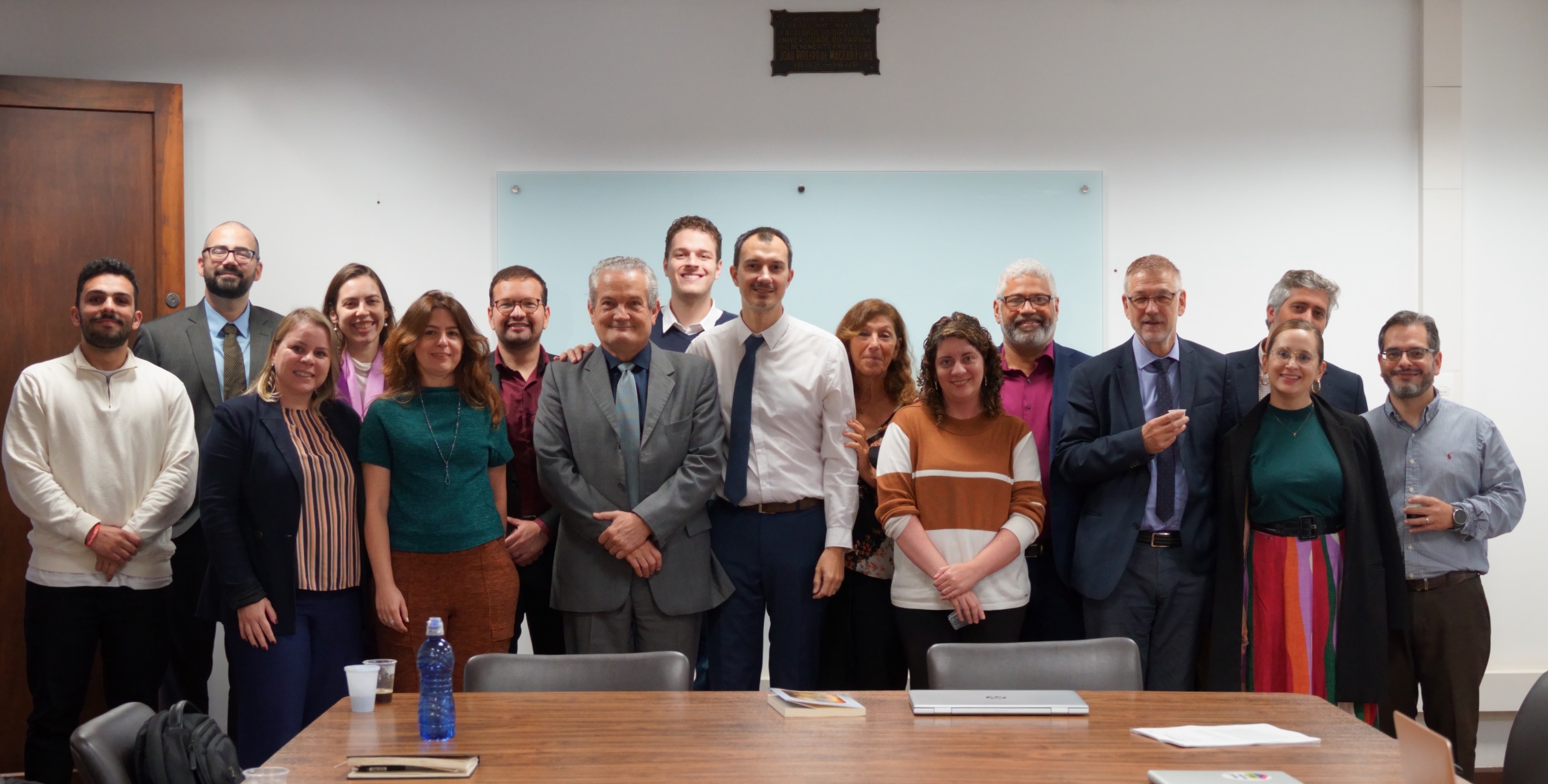
In the framework of the Regional Instrument on Permitted Uses in Copyright project, a specific workshop on text and data mining (TDM) in the Latin American context was held in Curitiba, Brazil. The aim was to identify copyright challenges arising from these technologies, especially when TDM involves the manipulation of large amounts of protected material. The use of TDM and Artificial Intelligence to extract patterns or generate new content presents a debate between the benefits of innovation and the rights of original creators.

El Consejo Administrativo de Defensa Económica (CADE) inició un proceso administrativo contra la Unión Brasileña de Editoras de Música (UBEM) por supuestas prácticas anticompetitivas en el mercado…

La Comisión Nacional de Defensa de la Competencia imputa por presunta cartelización a las principales empresas de medicina prepaga.

Apple en la mira de la autoridad antimonopolio brasileña. La Superintendencia General del Consejo Administrativo de Defensa Económica (SG-CADE) de Brasil ha iniciado un proceso administrativo contra…

La Secretaría de Industria y Comercio dictó una medida de tutela anticipada ordenando a Telecom que, por el término de 6 meses o hasta que la autoridad de aplicación se expida, se abstenga de…